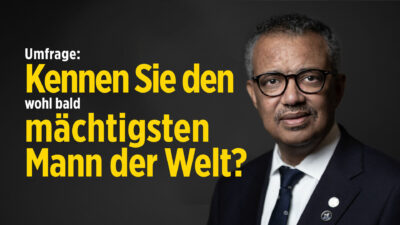
U.S. Paedophile Suspect Captured In Poland

Polish border guards have detained a U.S. citizen sought by Interpol for sexual crimes committed against children in the United States.
John Edward Hamilton was caught by border guards as he attempted to travel from Poland to Norway by coach. He has been detained in Gliwice, a town in South West Poland.
[Wojciech Lechowski, Polish Border Patrol]:
„As a result of our actions, agents found the man’s passport in his luggage. While verifying our database, it was found that he is an American citizen being sought by an international arrest warrant issued by Interpol for paedophilia in the United States. He is accused of sexual relations with minors from 10 to 16 years of age.”
The border guards had been carrying out routine road checks, but with the knowledge passed on via Interpol’s data sharing operation Infra-Red, they were able to check Hamilton’s identity with the international policing data base.
[Wojciech Lechowski, Polish Border Patrol]:
„From reports I received, he was clearly aware that he was about to be caught, he kept meddling with his identity, giving a different surname, explaining he did not have his documents, that he left it somewhere. The agents finally found his passport and were able to arrest him.”
Hamilton is on a list of 10 most wanted sex offenders published by the U.S. Department of Justice, and now faces a likely extradition to the United States.
[Wojciech Lechowski, Polish Border Patrol]:
„In accordance with Polish law, he will stand in front of the prosecutors. They will take further steps which will eventually lead to handing him over to the U.S., who issued the warrant.”
Hamilton had been living in Europe for some time after fleeing the United States, taking advantage of the open borders to travel freely between different countries.
 Foto: NTDTV
Foto: NTDTV




























vielen Dank, dass Sie unseren Kommentar-Bereich nutzen.
Bitte verzichten Sie auf Unterstellungen, Schimpfworte, aggressive Formulierungen und Werbe-Links. Solche Kommentare werden wir nicht veröffentlichen. Dies umfasst ebenso abschweifende Kommentare, die keinen konkreten Bezug zum jeweiligen Artikel haben. Viele Kommentare waren bisher schon anregend und auf die Themen bezogen. Wir bitten Sie um eine Qualität, die den Artikeln entspricht, so haben wir alle etwas davon.
Da wir die Verantwortung für jeden veröffentlichten Kommentar tragen, geben wir Kommentare erst nach einer Prüfung frei. Je nach Aufkommen kann es deswegen zu zeitlichen Verzögerungen kommen.
Ihre Epoch Times - Redaktion